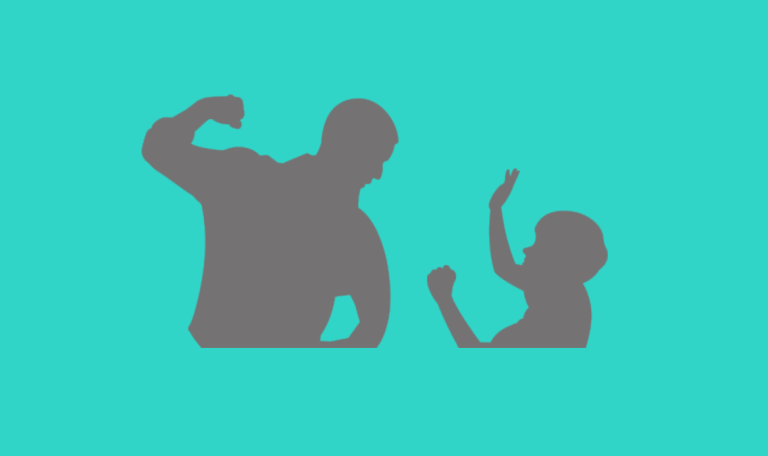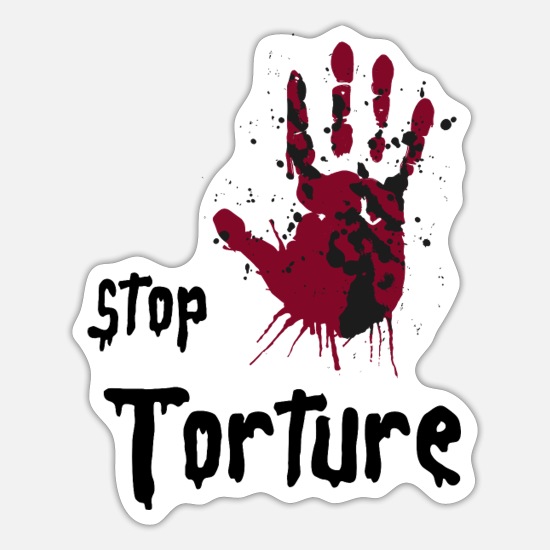This article was published in The Citizen Newspaper, Tanzania on 19th December 2023.
Shimbo Pastory
Behaviour management is one of the tough nuts to crack in the social sciences because of the particular nature of every person’s unpredictable behavioural unfolding. As such, general approaches can be established but they are not necessarily applicable in the same manner all over the world.
Complementarily, behaviour management is approached differently based on the moral authority of guiding and being guided among the parties involved. Where children are brought up to consider all adults as capable of morally guiding them it is practically easier, as compared to where children are brought up to listen exclusively to their parents and family.
Where two persons, an adult and a child, who were brought up in the two different orientations above encounter each other, there are chances of the former imposing the moral authority that was probably not acknowledged by the latter. The consequence of this is use of power and force to coerce (instead of influence) the child to take instructions or behave in certain ways.

In history, all societies have gone through a phase where children were punished physically, by beating, caning, and even more extreme kinds of physical punishments within their own households. (Joan Durrant, Corporal Punishment: From Ancient History to Global Progress, Handbook of Interpersonal Violence and Abuse Across the Lifespan: 2022).
In the 1948 International Declaration of Human Rights, physical torture, which entails intentional infliction of physical or mental pain or suffering, was officially declared as ‘inhuman and degrading treatment.’ This, however, excludes pain or suffering arising from, inherent in or incidental to lawful sanctions (UDHR, 1948, art.5 & ICCPR, 1976, art 7).
Narrowing down to speaking about children, there was a five bullet-points Geneva Declaration on the rights of the Child in 1924, two-dozen years before the UDHR. It states in one paragraph that ‘humanity owes to the child the best that it has to give.’ And in this matter of torture, it says in part in article 2: “The child that is backward must be helped; the delinquent child must be reclaimed.”
In saying that, the declaration emphasizes the need for empathy in dealing with children: helping and reclaiming them. Not pressurizing, condemning, abusing, and torturing them.
Modern sociologists and developmental psychologists have come up with what is called the Positive Parenting Approach. This is a multi-theory backed approach borrowing from an array of theories in social learning, child development, child guidance, and positive psychology among others.
Positive parenting aims at making children wholistically healthy and in supportive and genuinely loving bonds with their parents. The closeness is of course always there, but the bonding becomes deficient when physical punishments and torture become the order of the day. There are extreme cases where children incur lifetime damages from physical torture by their own parents and guardians at home.
Think of a ruthless parent who hangs the child on a tree with hands bound together while caning them; or a parent or guardian who puts the child’s hands on fire or in hot water, or burns them with clothes iron. There are many strange cases of child torture arising from an understanding of torture as indispensable in parenting.
There are families where children ran away from their parents or guardians, or hide themselves from them, simply because the person of parents or guardians cannot be separated from that of a constantly angry torturer and fault-seeking punisher. This is a sign of diminishing family bonds which does no good to children and their parents.
Many children too, have incurred psychological traumas that affect them all through life because of such treatments. Many grow up hating their parents, which lead many to abandoning them later in life. Many too are incapacitated from loving and building intimate relationships because of fear that stems from their image of their own parents.
Children becoming behaviourally out of control does not happen overnight. There are always indicators beforehand. With positive parenting, parents can easily spot red lights and point them out in good time for supportive correction. Positive parenting builds bonds of trust which allow children to ask questions and express their experiences and fears, which make it easier to help and guide them.
A physically punishing parent has fear of pain as his or her only corrective device. The corrected child too has no other way of learning the value behind the expected behaviour, aside knowing that the violation thereof will incur punishment.

Away from the punishing parents and guardians the child is most likely to behave inappropriately as his or her actions will not incur punishment any longer. Besides, some children get tortured so often that they get used to being tortured and pain does not scare them from doing what they want.
In many African countries, the biased thinking that a child cannot be brought up to be disciplined without being caned and physically punished is still flourishing. We need to join hands to end torture in children.
Children can be taught correctly to embrace the values by explaining to them slowly and consistently why such values are important and showing them such values by example.
Torture is not culture. Re-citing the 1924 Geneva Declaration on the rights of the child, we owe to every child the best that we have to give as humanity; torture is not one of our best legacies.
